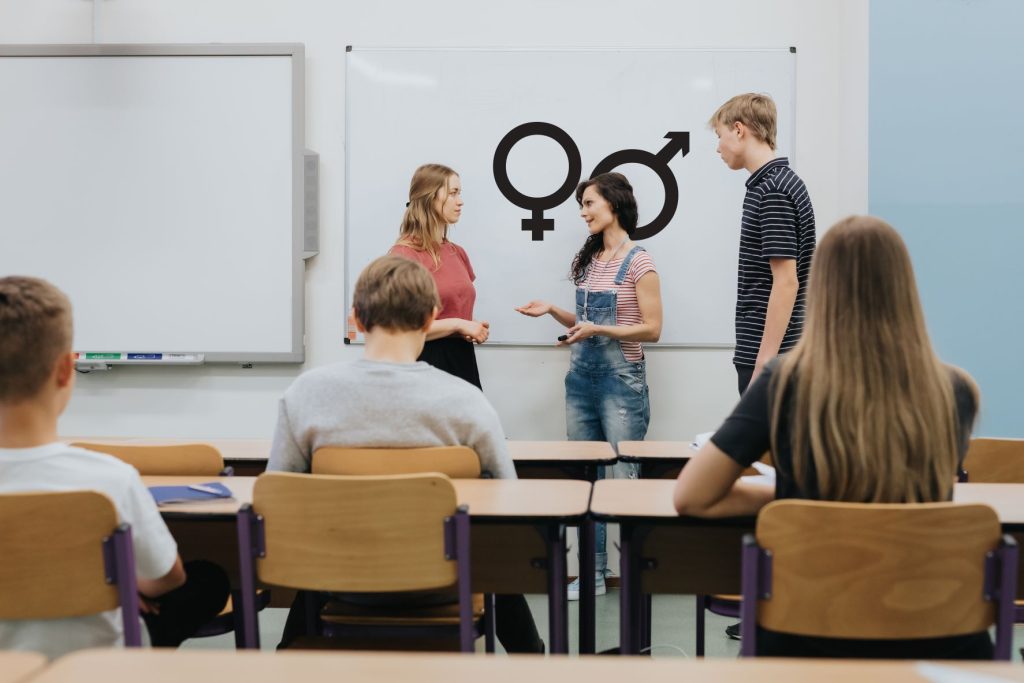Why is it Important to Educate the Youth?
The issues facing youth are constantly changing and dynamic. These issues can also differ from one region or another. Education is crucial for addressing these problems. Education is designed to increase social awareness and assist people in making better decisions about their future. It is also a tool that addresses the problems young people face.
Non-formal education follows a timetable and is flexible in terms of time and curriculum
Non-formal education offers many benefits for children and young people. It provides flexibility to explore new interests and develop decision making skills. The traditional system of education does not meet the needs of individual learners or society at large. With the growing number of people who need a quality education, non-formal education may be the answer.
The Government of Canada has launched a program to work with children who can’t attend school. It offers a holistic approach to learning and works with them in their home until they can be included in a school. The goal is to equip them with skills they can use for their entire lives. Non-formal education offers a new learning environment and helps to connect children and adults from different backgrounds.
Non-formal education is a combination of the best aspects of formal education and a variety activities outside of the formal system. It is also known as adult education, community education, or lifelong education. It involves a variety of community projects, government schemes, and locally based operations.
In many countries, non-formal education is an excellent alternative to formal schooling. In Bangladesh, over 50 000 non-formal schools are operated by the Bangladesh Rural Advancement Committee. These schools are usually located within one kilometer of students’ homes. These schools are flexible in terms time and curriculum. Some run for as long as seven hours.
Education is essential to achieving sustainable development goals
Education is essential to achieving the Sustainable Development Goals. These goals cannot be achieved if a nation does not have education. The Sustainable Development Goals were created to address global problems such as poverty, climate change and economic growth. These goals can be achieved by countries with access to quality education.

Education should be holistic and interdisciplinary. It should promote critical thinking, problem solving, and action. It should be inclusive of all stakeholders and should be geared toward the future. It should avoid jargon and focus on the past. Education must be practical and allow learners to take part in decision-making.
In November, UNESCO and the UNDP convened a Global Assembly of Experts on Education for Sustainable Development. This summit was designed to foster collaboration among global leaders in the fields of education and sustainable developments. These experts include representatives of governments, UNESCO, universities, and other organizations. They hope to offer sustainable education solutions that can be implemented and scaleable through their work.
Education for sustainable development can be a powerful tool to change people’s behavior and habits. It can help people adopt sustainable lifestyles and break the cycle between poverty, disease, hunger, and poverty. In 2005, the United Nations General Assembly designated a United Nations Decade for Education for Sustainable Development. The goal was to raise awareness about the importance of education in achieving sustainability.
Education is crucial in developing social awareness
Education should include a focus on social awareness. It means developing a sense of empathy toward others, understanding and respecting differences, and being open to multiple perspectives. Students who are socially aware are more likely to seek out help when they’re having difficulties and to build positive relationships with their peers. They also have better cooperation skills and are more successful in cooperative learning and social problem-solving.
There are many ways to increase social awareness. One way to teach kindness is to observe the behavior of others and show empathy for them. This skill can help them resolve conflicts at school, work, and in society. It can also help develop cultural awareness, respect, and appreciation for other cultures.
You can also help children develop social awareness by putting yourself in the shoes of others. Through this, children can learn about different emotions, the impact of their own actions, and how others feel. It can help children understand how their behavior and words may impact the feelings of others. Children can learn these skills by practicing social awareness early in their lives.
Children learn to be more compassionate towards others through social awareness. It helps them build good friendships and respect others’ feelings. This skill will also help them improve their communication skills.

